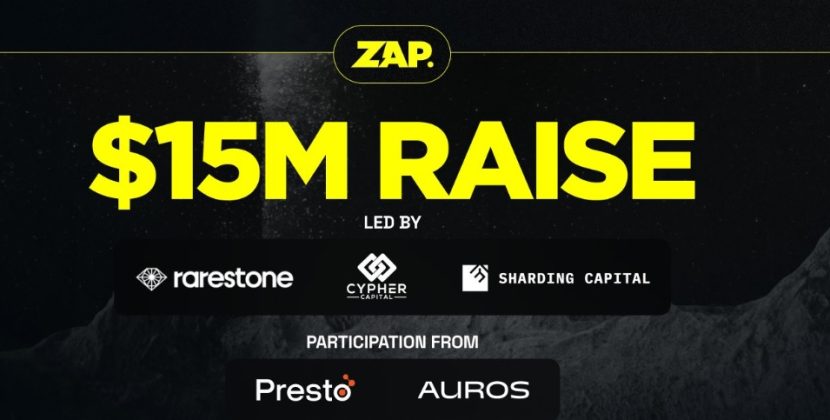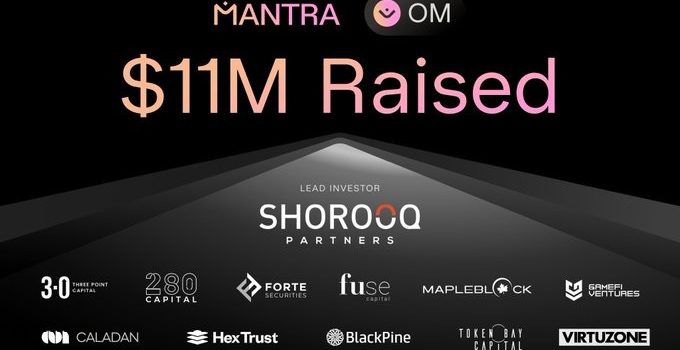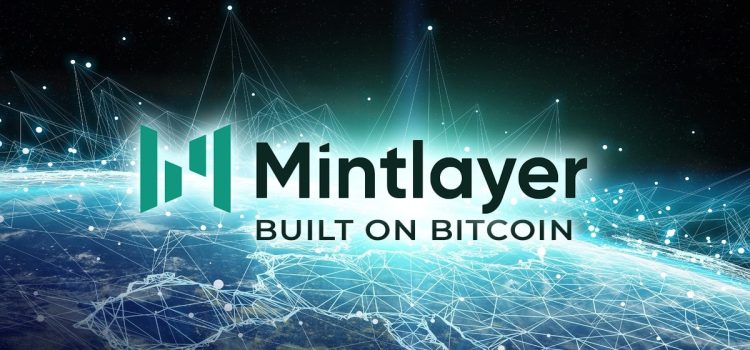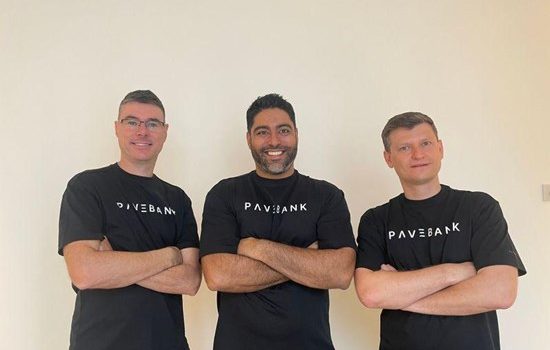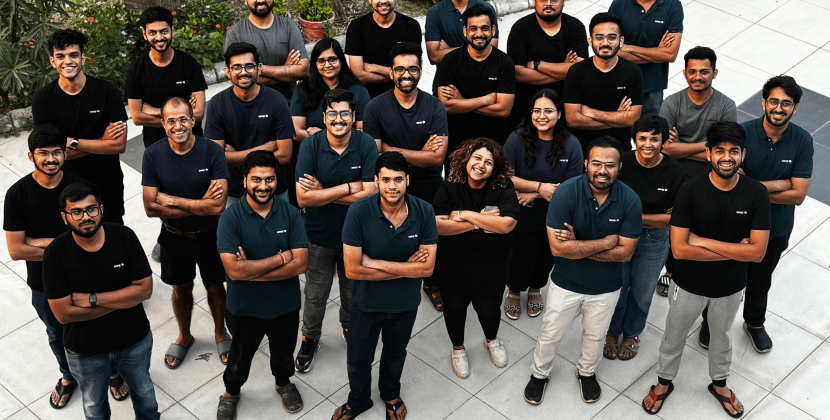
MANTRA Chain a Layer 1 blockchain for real world tokenization, has raised $11 million led by UAE based Shorooq Partners with investors including Three-point capital, Forte Securities, VirtuZone, Hex Trust and GameFi Ventures. The news which was published in Coindesk stated, that Mantra Chain was in the final stages of receiving licenses from Dubai’s crypto regulator, VARA.
John Patrick Mullin told CoinDesk, “These approvals will be essential in MANTRA’s plans to build and host a suite of compliance-minded tools for issuing and trading RWAs.”
MANTRA’s network isn’t yet live, meaning no one can issue or trade RWAs quite yet. But it is planned for Cosmos, a network of closely linked albeit independent blockchains. Cosmos doesn’t yet have a designated so-called app-chain for trading tokenized RWAs, according to MANTRA’s documents.
Once live MANTRA will focus on the “crypto native” crowd, which is to say, the people already familiar with crypto, decentralized exchanges, on-chain borrowing and lending and so-forth.
Earlier this week, Layer 1 blockchain, MANTRA had announced that it has applied for a license in both the UAE and HongKong as it aims towards making real world asset tokenization mainstream. MANTRA’s layer1 blockchain, known as MANTRA Chain, is designed to facilitate the issuance and trading of tokenized RWAs. MANTRA is on a mission to onboard financial organizations and other commercial enterprises that seek to tap into the many benefits tokenized RWAs have to offer.

